
Lake Magadi: Kenya's Hidden Saline Jewel
Lake Magadi is a unique saline lake located in the southern part of Kenya, within the Great Rift Valley. This remarkable destination is known for its stunning pinkish-white salt crust and vivid, azure waters. The lake's high soda content creates an otherworldly landscape that is both mesmerizing and surreal. A visit to Lake Magadi offers a chance to explore one of Kenya's lesser-known but incredibly beautiful natural wonders. Lake Magadi is a haven for birdwatchers, as the lake attracts a diverse array of bird species, including large flocks of flamingos that add vibrant splashes of pink to the scenery. The surrounding area is rich in wildlife, with zebras, wildebeests, and other animals often seen grazing near the lake. For those interested in geology, the hot springs around Lake Magadi provide a fascinating glimpse into the geothermal activity beneath the earth's surface. Visitors can also engage with the local Maasai community, who have lived in harmony with this unique environment for centuries. The Maasai offer insights into their traditional way of life, making the visit not only a natural but also a cultural experience. Whether you're interested in nature, wildlife, or culture, Lake Magadi has something special to offer every traveler.
Local tips in Lake Magadi
- The best time to visit Lake Magadi is during the dry season, from June to October, when the weather is pleasant and wildlife is abundant.
- Wear sturdy shoes and bring plenty of water, as the terrain around the lake can be rugged and temperatures can get high.
- Don't miss the hot springs around the lake; they are a perfect spot for relaxation and offer unique photo opportunities.
- Consider hiring a local guide to gain deeper insights into the area's geology, wildlife, and Maasai culture.
- If you're a birdwatcher, bring binoculars to fully appreciate the variety of bird species, especially the flamingos.
Lake Magadi: Kenya's Hidden Saline Jewel
Lake Magadi is a unique saline lake located in the southern part of Kenya, within the Great Rift Valley. This remarkable destination is known for its stunning pinkish-white salt crust and vivid, azure waters. The lake's high soda content creates an otherworldly landscape that is both mesmerizing and surreal. A visit to Lake Magadi offers a chance to explore one of Kenya's lesser-known but incredibly beautiful natural wonders. Lake Magadi is a haven for birdwatchers, as the lake attracts a diverse array of bird species, including large flocks of flamingos that add vibrant splashes of pink to the scenery. The surrounding area is rich in wildlife, with zebras, wildebeests, and other animals often seen grazing near the lake. For those interested in geology, the hot springs around Lake Magadi provide a fascinating glimpse into the geothermal activity beneath the earth's surface. Visitors can also engage with the local Maasai community, who have lived in harmony with this unique environment for centuries. The Maasai offer insights into their traditional way of life, making the visit not only a natural but also a cultural experience. Whether you're interested in nature, wildlife, or culture, Lake Magadi has something special to offer every traveler.
When is the best time to go to Lake Magadi?
Iconic landmarks you can’t miss
Olorgesailie Prehistoric Site
Explore the Olorgesailie Prehistoric Site, a UNESCO World Heritage site rich in artifacts and history, set against the stunning landscapes of Kenya's Great Rift Valley.
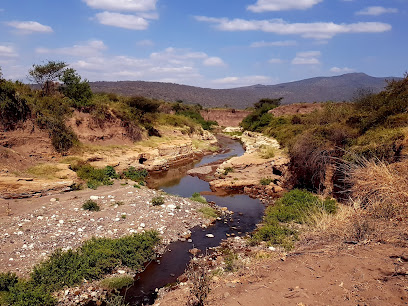
Magadi Tented Camp
Discover the serene beauty of Magadi Tented Camp in Olkieri, a perfect blend of adventure and comfort in the heart of nature.
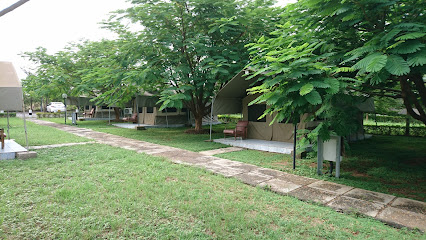
Unmissable attractions to see
Olorgesailie Prehistoric Site
Explore the rich tapestry of human history at the Olorgesailie Prehistoric Site, where ancient artifacts unveil the story of our ancestors.
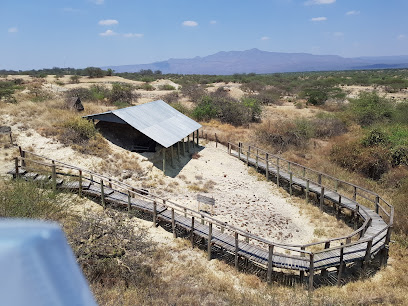
Professor Wangari Maathai Park - Magadi
Explore the lush landscapes and family-friendly activities at Professor Wangari Maathai Park in Magadi, celebrating nature and recreation in harmony.
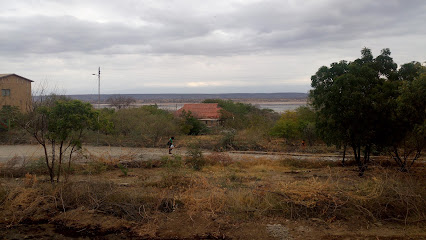
hot Springs. Saltz
Discover the healing powers of nature at Hot Springs Saltz in Magadi, where relaxation meets stunning natural beauty.
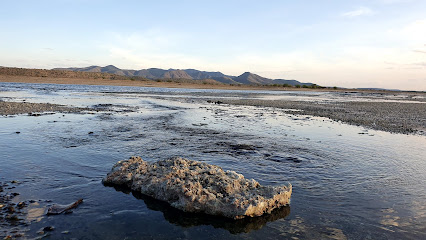
Lake Magadi Flamingo Viewing
Discover the stunning beauty of Lake Magadi, a nature preserve in Kenya known for its vibrant flamingo populations and breathtaking landscapes.
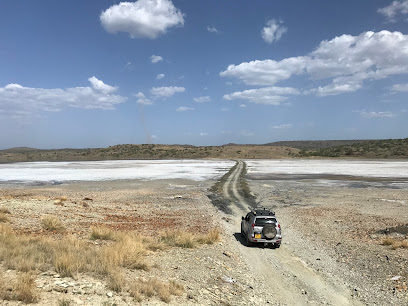
HALL OF FAME
Explore the Hall of Fame in Olkeri, a stunning hiking area offering breathtaking views and diverse trails for all levels of hikers.
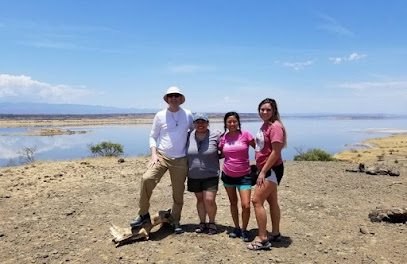
Lamaa's Point
Discover the breathtaking views at Lamaa's Point in Magadi, a tranquil natural escape perfect for photography and outdoor adventures.

OKIRI'S HILL
Experience the serene beauty of Okiri's Hill, a top hiking destination in Kenya, perfect for nature lovers and adventure seekers alike.
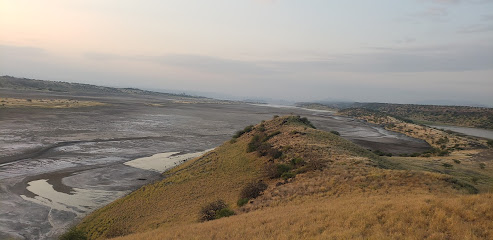
Dani Olmo Insel an magadisee, kenia
Experience the tranquil beauty of Dani Olmo Island at Lake Magadi, a perfect getaway for nature lovers and adventure seekers in Kenya.

Shompole Wildlife Hide
Experience the tranquility and beauty of wildlife at Shompole Wildlife Hide in the heart of Kenya's stunning Shompole Conservancy.

Birds’ Rock
Discover the serene beauty of Birds’ Rock in Kenya, a haven for birdwatchers and nature lovers alike, where breathtaking landscapes and wildlife await.

Pedicure fish pond
Discover the unique Pedicure Fish Pond in Magadi, where relaxation meets nature for an unforgettable fish pedicure experience.
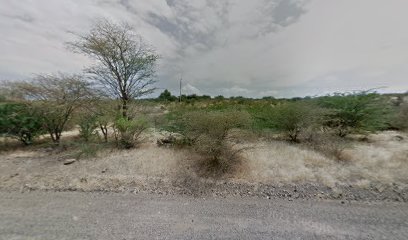
Essential places to dine
Asyana Gardens
Experience luxury and tranquility at Asyana Gardens in Nairobi – where relaxation meets exquisite dining amidst lush gardens.

Ashaki Grill-Thome
Experience the essence of Kenyan cuisine at Ashaki Grill-Thome – where flavor meets tradition in the heart of Nairobi.
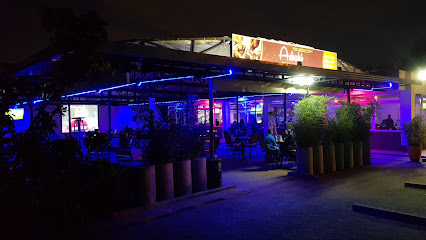
Nalepo Bar And Restaurant
Savor authentic Kenyan cuisine at Nalepo Bar and Restaurant in Kiserian – a vibrant spot for food lovers seeking delicious flavors.
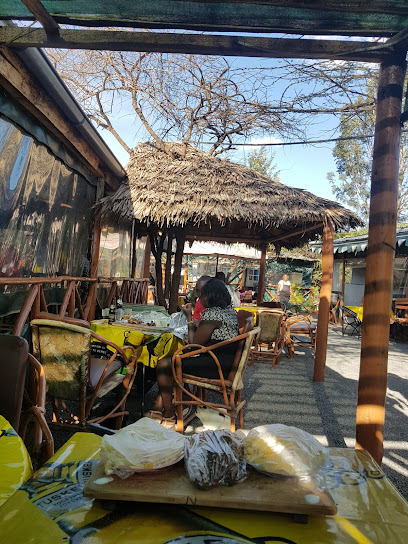
KFC Rongai Maiyan Mall
Experience delicious fast food at KFC Rongai Maiyan Mall in Ongata Rongai - perfect for families and travelers craving comfort food.
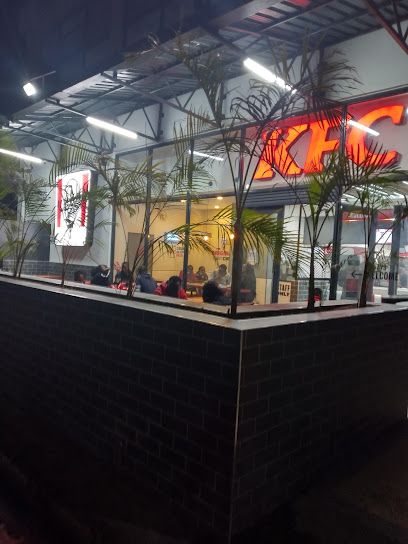
Mangrove Cafe Rongai
Experience Nairobi's vibrant culinary scene at Mangrove Cafe Rongai with delicious local and international dishes in a warm atmosphere.
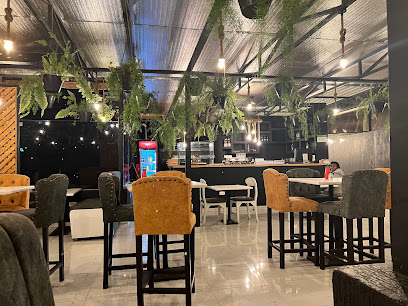
Stedmak Bar And Restaurant
Discover the lively Stedmak Bar And Restaurant in Nairobi - where local flavors meet vibrant nightlife for an unforgettable dining experience.
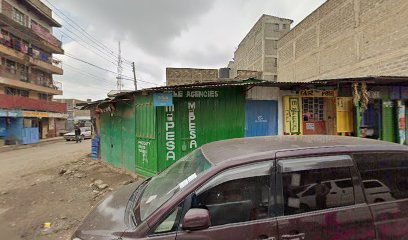
Mugis Restaurant
Discover the flavors of Kenya at Mugis Restaurant - where delicious food meets vibrant ambiance in Ongata Rongai.
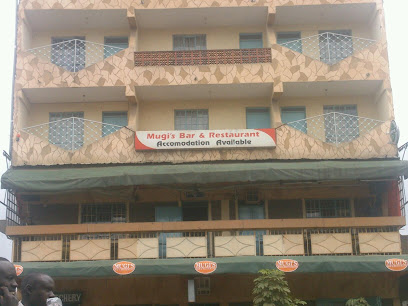
Eureka Restaurant
Discover Eureka Restaurant in Kiserian – where delicious cuisine meets tranquil garden dining.
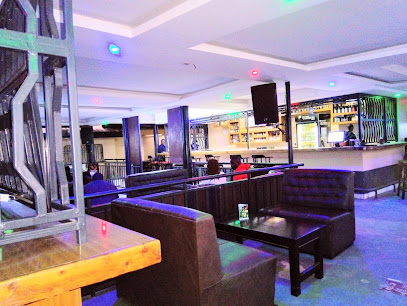
Choma Place Inn Bar And Restaurant
Experience authentic Kenyan flavors at Choma Place Inn Bar And Restaurant in Ongata Rongai - where every meal tells a story.
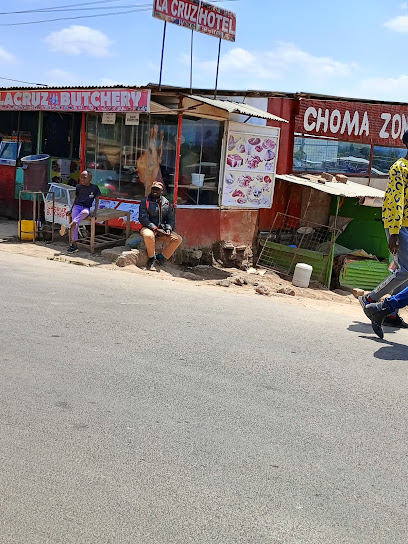
#team kuku
Discover culinary excellence at #team kuku in Ongata Rongai—where local flavors meet international flair in a welcoming atmosphere.

The Smith Bar And Restaurant
Experience vibrant flavors and warm hospitality at The Smith Bar And Restaurant in Ongata Rongai - where every meal tells a story.
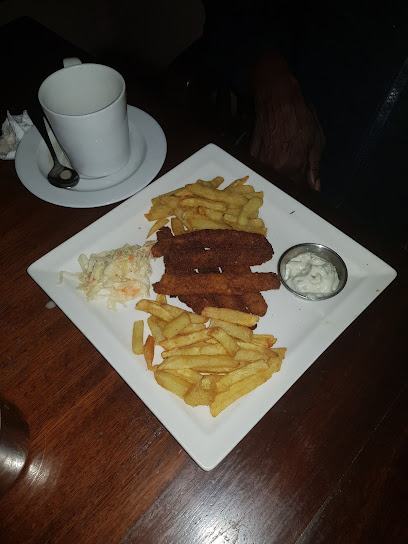
Masai CAFE ‘AU’ LAIT
Experience authentic Kenyan flavors at Masai CAFE ‘AU’ LAIT - where every dish tells a story.
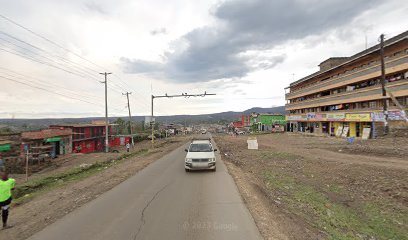
Serendipity (Gastronomy) Kenya
Experience authentic Kenyan cuisine at Serendipity in Kiserian – a gastronomic journey awaits amidst stunning surroundings.
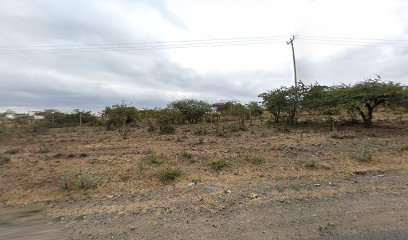
Chipo Inn
Discover Chipo Inn in Ongata Rongai – A fast food gem offering delicious local flavors and friendly service for every traveler.
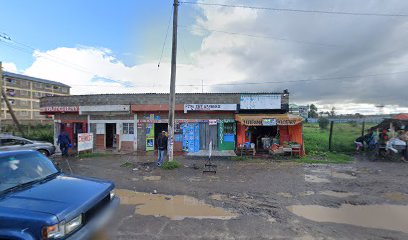
Chom A Junction
Experience delightful Kenyan flavors and international cuisine at Chom A Junction in scenic Ngong – a must-visit culinary destination.
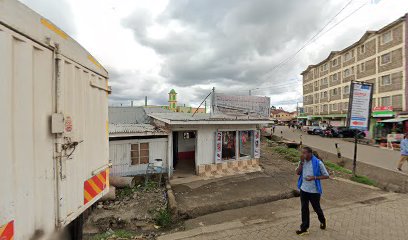
Markets, malls and hidden boutiques
Magadi Shopping Centre
Discover the vibrant Magadi Shopping Centre, a hub for shopping, dining, and entertainment in Kenya, perfect for tourists seeking local culture.
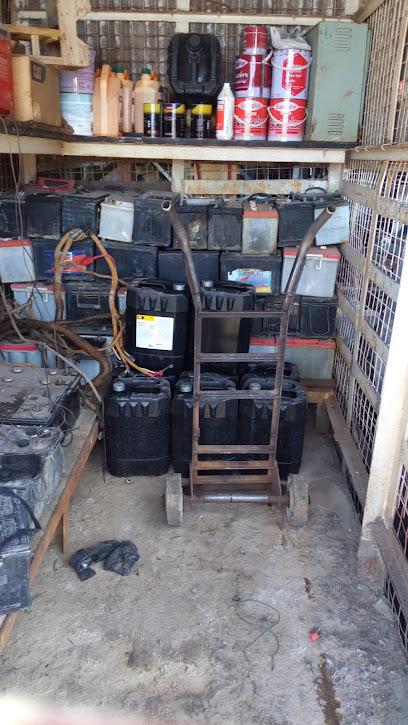
Professor Wangari Maathai Park - Magadi
Discover the serene beauty of Professor Wangari Maathai Park in Magadi, where nature and relaxation await amidst stunning lake views.
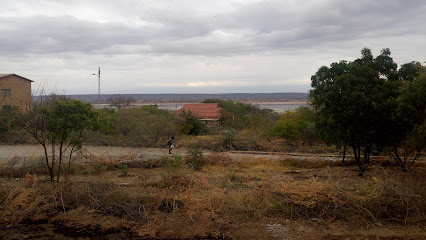
Oloika Shopping Centre
Explore Oloika Shopping Centre, a vibrant shopping hub with diverse stores, delightful dining, and a taste of local culture in every corner.
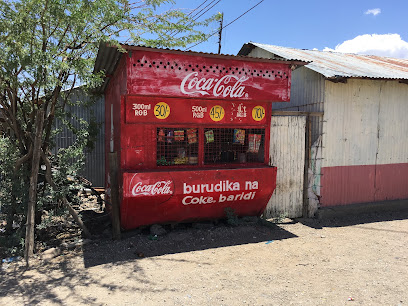
Lake Magadi
Experience the stunning landscapes and unique wildlife of Lake Magadi, a serene retreat in Kenya's Great Rift Valley.
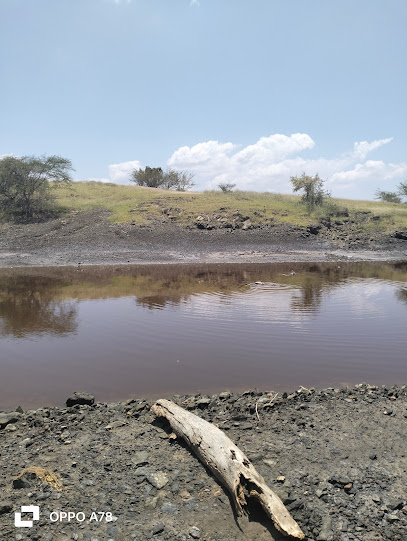
Maridadi Zawadi
Explore Maridadi Zawadi in Nairobi for authentic African crafts, unique gifts, and handcrafted jewelry that embody the rich culture of Kenya.
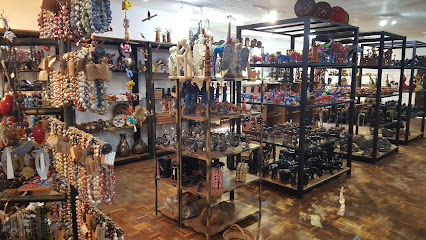
olmtaro market place
Discover the vibrant Olmtaro Market Place in Olkeri, where local culture and commerce come alive through colorful stalls and delicious street food.

Lengobei Shopping centre
Experience the vibrant shopping scene at Lengobei Shopping Centre in Kirimatian, where local culture meets modern retail.
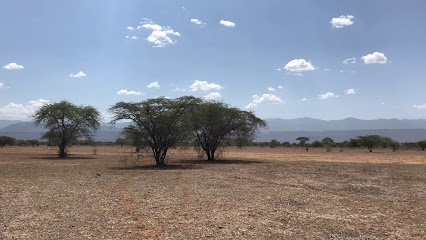
Central Stores, magadi
Explore the best of technology at Central Stores in Magadi, where electronics meet local culture for an unforgettable shopping experience.
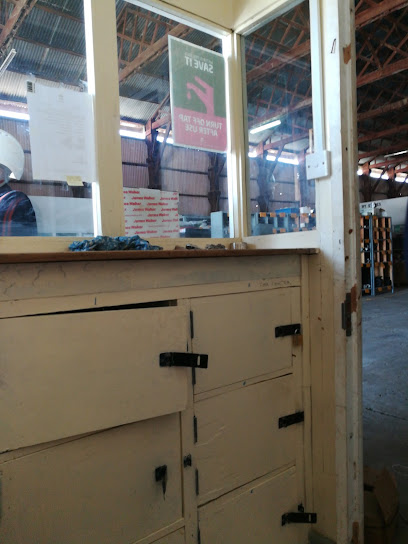
Tamadi Brands & Events
Explore Tamadi Brands & Events for unique gifts and authentic local crafts that capture the spirit of your travels.

Singiraine shopping centre
Explore the vibrant Singiraine Shopping Centre for unique home goods and local treasures in the heart of Singiraine, Kenya.

Oldorko Shopping Center
Discover Oldorko Shopping Center in Kalema: a bustling marketplace offering local crafts, international brands, and delightful dining experiences.
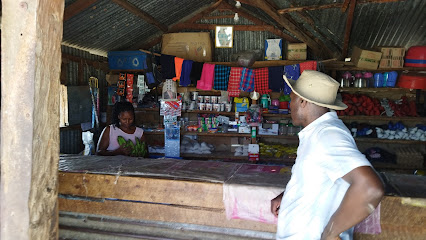
M-Pesa Magadi Sacco Society
Experience local culture and community spirit at M-Pesa Magadi Sacco Society in Magadi, a vibrant store that connects residents and visitors alike.
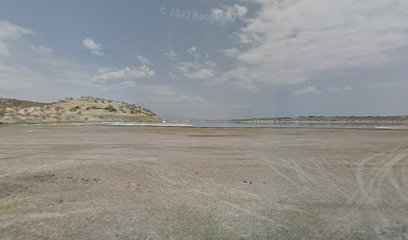
Magadi tax and carhire
Discover reliable auto repair services at Magadi Tax and Car Hire, your trusted partner for vehicle maintenance in Olkeri, Kenya.

Beads of cause Kenya
Explore Beads of Cause Kenya for handcrafted jewelry and unique gifts that embody the spirit of Kenyan culture and craftsmanship.
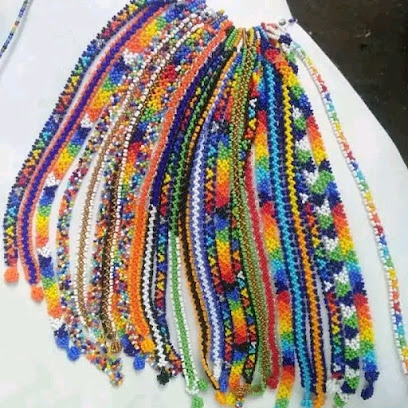
Reziela General Stores
Explore authentic local shopping at Reziela General Stores in Kjiado, North, where culture and community come alive through unique crafts and essentials.

Essential bars & hidden hideouts
Stedmak Bar And Restaurant
Experience the vibrant flavors of Nairobi at Stedmak Bar and Restaurant—where delicious food meets a lively atmosphere.
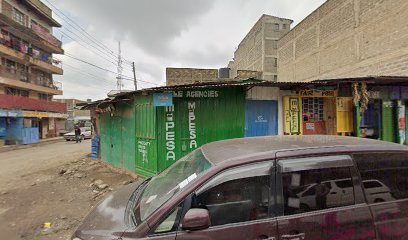
Manyatta Pub
Discover the lively ambiance and local flavors at Manyatta Pub, a must-visit bar in Ongata Rongai for all travelers.
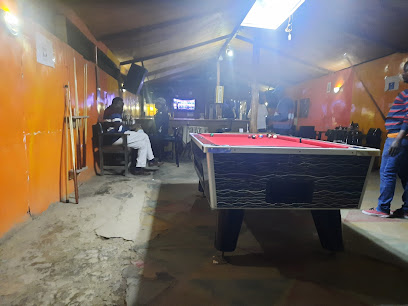
Bahama's Bar & Restaurant
Discover Bahama's Bar & Restaurant in Kiserian – a lively bar serving local and international cuisine in a vibrant setting.
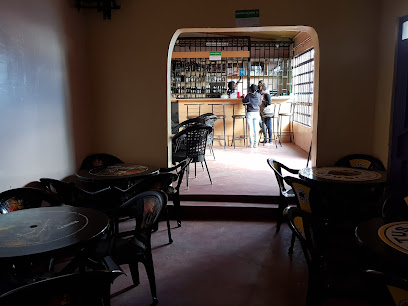
Flamingo Club
Experience the vibrant nightlife at Flamingo Club, the ultimate bar for tourists seeking relaxation and entertainment in a lively atmosphere.
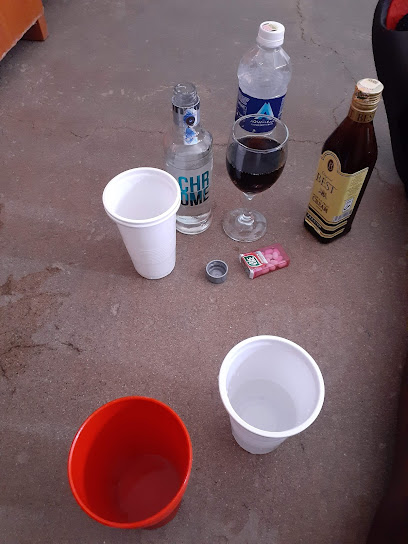
Red Bull Bar & Restraurant
Experience a flavorful journey at Red Bull Bar & Restaurant, where local cuisine meets a lively atmosphere for an unforgettable dining experience.
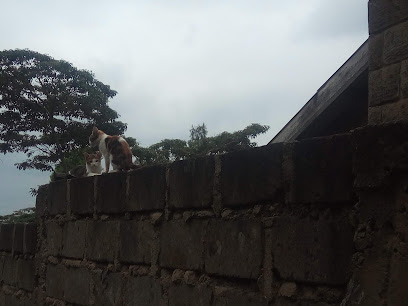
Purple Pub
Discover the lively nightlife at Purple Pub, Kiserian's go-to spot for drinks and entertainment, perfect for tourists looking to unwind and socialize.
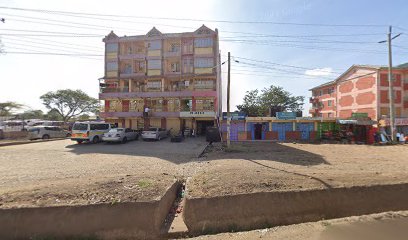
Swimming Pool Bar & Restaurant
Experience the perfect blend of relaxation and local cuisine at the Swimming Pool Bar & Restaurant in Magadi, a tropical paradise for every traveler.
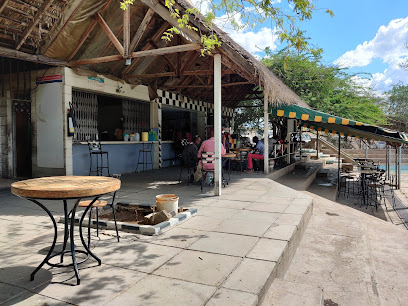
Nash Pub
Experience the vibrant atmosphere of Nash Pub in Kiserian, where local culture meets delightful drinks in a cozy setting.
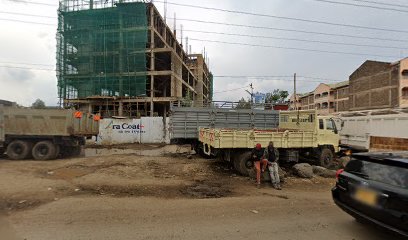
Liquid pub
Discover the vibrant atmosphere of Liquid Pub in Kiserian, where locals and travelers come together for a memorable experience.
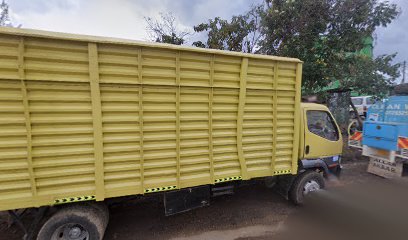
Beer shop Magadi
Experience the vibrant beer culture at Beer Shop Magadi, where local and international brews await in a lively atmosphere.

Best Shot Lounge
Experience the vibrant atmosphere of Best Shot Lounge in Kiserian, a perfect spot for drinks, socializing, and immersing in local culture.
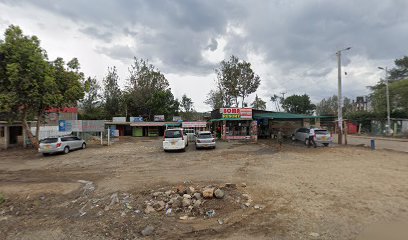
Maridadi Pub
Discover the lively Maridadi Pub in Kiserian, where local flavors meet vibrant entertainment in a welcoming atmosphere.

The Bluez Bar
Experience Kiserian's vibrant nightlife at The Bluez Bar, where local culture meets refreshing drinks in a lively atmosphere.

Wamarinja Wine & Spirits
Discover Wamarinja Wine & Spirits in Kiserian: A vibrant pub and wine store offering a delightful selection of local wines and spirits in a welcoming atmosphere.

Local Phrases about Lake Magadi
-
- HelloSupa
[soo-pah] - GoodbyeKwaheri
[kwah-heh-ree] - YesNdio
[nn-dyo] - NoHapana
[hah-pah-nah] - Please/You're welcomeTafadhali
[ta-fa-dha-lee] - Thank youAsante
[ah-sahn-teh] - Excuse me/SorrySamahani
[sah-mah-hah-nee] - How are you?U hali gani?
[oo hah-lee gah-nee] - Fine. And you?Salama. Na wewe?
[sah-lah-mah. nah weh-weh] - Do you speak English?Unazungumza Kiingereza?
[oo-nah-zoo-ngoom-zah kee-een-geh-reh-zah] - I don't understandSielewi
[see-leh-wee]
- HelloSupa
-
- I'd like to see the menu, pleaseNingependa kuona menyu, tafadhali
[nee-ngeh-pen-dah koo-oh-nah meh-nyoo, ta-fa-dha-lee] - I don't eat meatSili nyama
[see-lee nyah-mah] - Cheers!Mambo!
[mahm-boh] - I would like to pay, pleaseNingependa kulipa, tafadhali
[nee-ngeh-pen-dah koo-lee-pah, ta-fa-dha-lee]
- I'd like to see the menu, pleaseNingependa kuona menyu, tafadhali
-
- Help!Msaada!
[msah-ah-dah] - Go away!Ondoka!
[on-doh-kah] - Call the Police!Piga Polisi!
[pee-gah poh-lee-see] - Call a doctor!Piga daktari!
[pee-gah dahk-tah-ree] - I'm lostNimepotea
[nee-meh-poh-teh-ah] - I'm illMimi ni mgonjwa
[mee-mee nee m-gohn-jwah]
- Help!Msaada!
-
- I'd like to buy...Ningependa kununua...
[nee-ngeh-pen-dah koo-noo-noo-ah] - I'm just lookingNatazama tu
[nah-tah-zah-mah too] - How much is it?Bei ni ngapi?
[beh-ee nee ngah-pee] - That's too expensiveHiyo ni ghali sana
[hee-yoh nee gah-lee sah-nah] - Can you lower the price?Unaweza kupunguza bei?
[oo-nah-weh-zah koo-poon-goo-zah beh-ee]
- I'd like to buy...Ningependa kununua...
-
- What time is it?Saa ngapi?
[sah-ngah-pee] - It's one o'clockNi saa moja
[nee sah moh-jah] - Half past (10)Nusu saa kumi
[noo-soo sah koo-mee] - MorningAsubuhi
[ah-soo-boo-hee] - AfternoonMchana
[m-chah-nah] - EveningJioni
[joh-ee-nee] - YesterdayJana
[jah-nah] - TodayLeo
[leh-oh] - TomorrowKesho
[keh-shoh] - 1Moja
[moh-jah] - 2Mbili
[m-bee-lee] - 3Tatu
[tah-too] - 4Nne
[n-neh] - 5Tano
[tah-noh] - 6Sita
[see-tah] - 7Saba
[sah-bah] - 8Nane
[nah-neh] - 9Tisa
[tee-sah] - 10Kumi
[koo-mee]
- What time is it?Saa ngapi?
-
- Where's a/the...?Iko wapi...?
[ee-koh wah-pee] - What's the address?Anwani ni gani?
[ahn-wah-nee nee gah-nee] - Can you show me (on the map)?Unaweza kunionyesha (kwenye ramani)?
[oo-nah-weh-zah koo-nyoh-nyeh-shah (kwehn-yeah rah-mah-nee)] - When's the next (bus)?Basi la pili litakuja lini?
[bah-see lah pee-lee lee-tah-koo-jah lee-nee] - A ticket (to ....)Tiketi (kwenda ....)
[tee-keh-tee (kwehn-dah)]
- Where's a/the...?Iko wapi...?
History of Lake Magadi
-
Lake Magadi, located in the southern part of Kenya's Rift Valley, is one of the most saline lakes in the world. The lake's formation is attributed to tectonic activity along the East African Rift, which caused the ground to sink and fill with water. This process began millions of years ago, resulting in a unique saline and alkaline environment. Early human settlers in the region were attracted by the abundant resources, including salt deposits and freshwater springs. Archaeological evidence suggests that the area around Lake Magadi has been inhabited by humans for thousands of years, with stone tools and artifacts providing insight into the lives of these early communities.
-
The Maasai, a semi-nomadic ethnic group, have lived in the region surrounding Lake Magadi for centuries. Renowned for their distinctive culture, colorful attire, and warrior traditions, the Maasai have adapted to the harsh environment of the Rift Valley. The lake holds cultural significance for the Maasai, who use its saline waters for medicinal purposes and its salt for preserving meat. The Maasai have also developed sustainable pastoral practices that allow them to coexist with the challenging landscape, relying on cattle herding as a primary source of livelihood.
-
During the British colonial period in the early 20th century, the potential of Lake Magadi's soda ash deposits was recognized. In 1911, the Magadi Soda Company was established, and a railway line was constructed to transport soda ash from the lake to the port of Mombasa. This industrial development brought significant economic changes to the region, including job opportunities and infrastructure improvements. However, it also led to environmental challenges and disruptions to the traditional Maasai way of life. The company's operations continue to play a crucial role in the local economy, producing soda ash used in various industries worldwide.
-
In recent decades, Lake Magadi has become a focal point for environmental and conservation efforts. The lake's unique ecosystem, which supports a variety of bird species including flamingos, and its surrounding landscape have been subjects of scientific study and conservation initiatives. Organizations working in the area aim to balance the needs of industrial activity with ecological preservation, promoting sustainable practices and raising awareness about the importance of protecting this unique natural habitat. Efforts to engage the local Maasai community in conservation activities have also been a key aspect of these initiatives.
-
Today, Lake Magadi continues to hold cultural and economic significance for the local communities and visitors alike. The lake is a popular destination for tourists seeking to experience its striking landscapes, wildlife, and the rich cultural heritage of the Maasai people. Visitors can explore the lake's shores, witness traditional Maasai ceremonies, and learn about the historical and contemporary challenges faced by the community. The interplay between ancient traditions and modern influences makes Lake Magadi a unique destination, offering a profound glimpse into the dynamic history and culture of the region.
Lake Magadi Essentials
-
Lake Magadi is located in southern Kenya, approximately 120 kilometers southwest of Nairobi. The most common way to get there is by road. You can hire a private car or take a taxi from Nairobi. The journey typically takes about 2 to 3 hours, depending on traffic and road conditions. There are also organized tours that include transportation to and from Lake Magadi.
-
Once at Lake Magadi, transportation options are limited. Most visitors opt to explore the area on foot or by hiring a local guide with a vehicle. The terrain can be rugged, so a 4x4 vehicle is recommended for off-road excursions. There are no public transportation services directly serving the lake area, so planning ahead is essential.
-
The official currency in Kenya is the Kenyan Shilling (KES). Credit cards are accepted in some establishments in larger towns, but it is advisable to carry cash, especially when visiting more remote areas like Lake Magadi. ATMs are not available in the immediate vicinity of Lake Magadi, so ensure you have sufficient cash before departing from Nairobi.
-
Lake Magadi is generally safe for tourists; however, basic precautions should always be taken. Avoid walking alone at night and be cautious of your surroundings. Petty crime such as pickpocketing can occur, so keep your belongings secure. The main areas around the lake are safe, but always travel in groups if possible.
-
In case of emergency, dial 999 for police or 911 for medical assistance. The nearest medical facilities are in Magadi town, which has a small health center. For more serious medical issues, it is advisable to head back to Nairobi where more comprehensive medical services are available. Ensure that you have travel insurance that covers medical emergencies.
-
Fashion: Do dress modestly, especially in villages and public areas. Light, breathable clothing is recommended due to the hot climate. Religion: Do respect local customs and traditions. Always ask for permission before taking photographs of people. Public Transport: Do use private transportation or hire a local guide. Public transport is not available in this remote area. Greetings: Do greet people with a handshake. A friendly 'Jambo' (hello) is always appreciated. Eating & Drinking: Do try local foods if available, but ensure they are from a hygienic source. Don’t drink tap water; always opt for bottled water.
-
To experience Lake Magadi like a local, visit the nearby Maasai villages to learn about their culture and way of life. Participate in community events if available. Early morning and late afternoon are the best times to explore due to cooler temperatures. Don't miss the chance to bathe in the hot springs or take a guided bird-watching tour, as the lake is a haven for various bird species.
Nearby Cities to Lake Magadi
-
Things To Do in Naivasha
-
Things To Do in Arusha
-
Things To Do in Nakuru
-
Things To Do in Moshi
-
Things To Do in Kisumu
-
Things To Do in Eldoret
-
Things To Do in Kitale
-
Things To Do in Singida
-
Things To Do in Mwanza
-
Things To Do in Mbale
-
Things To Do in Jinja
-
Things To Do in Mombasa
-
Things To Do in Malindi
-
Things To Do in Diani Beach
-
Things To Do in Entebbe










